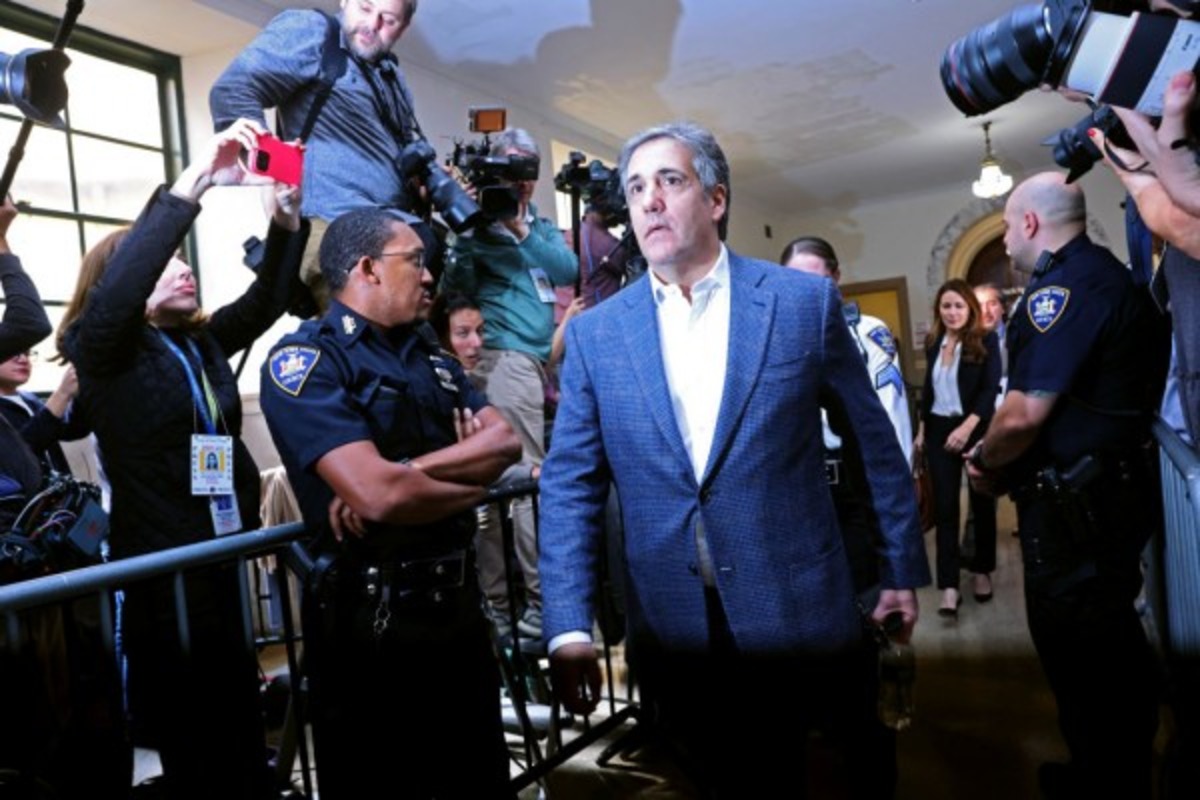Michael Cohen says he erroneously accepted Google Poet was a “super-charged web crawler” in contrast to ChatGPT

Michael Cohen, previous US president Donald Trump’s own lawyer, conceded utilizing Google’s computer based intelligence chatbot, Troubadour, to coincidentally refer to counterfeit legitimate cases in a court recording.
The made-up references were utilized to tie down an early finish to court-requested oversight, permitting Cohen to be let out of jail in 2021, as per Axios.
Cohen guaranteed in a November movement that he had served his time in jail and conformed to his delivery terms. Notwithstanding, a government judge scrutinized the three case references utilized in the movement, expressing that “as may be obvious, none of these cases exist.”
The adjudicator requested Cohen’s legal advisor to give duplicates of the three choices or make sense of their reference and Cohen’s job in the movement.
Cohen’s legal advisor, Danya Perry, uncovered that he utilized Google Poet for “directed open-source research” in his movement, yet his attorney, David Schwartz, remembered the case references for the movement without checking them, as per an unlocked court recording.
Schwartz recognized in a court letter that he had not completely checked the references, adding that he thought the references began with Perry and that he would have evaluated them assuming he had realized they started with Cohen, ABC News revealed.
Cohen, a non-rehearsing legal advisor, owned up to not staying aware of legitimate innovation patterns and dangers, saying that he erroneously accepted Google Minstrel as a “super-charged web index” and didn’t understand it could make counterfeit references, like ChatGPT.
“It didn’t happen to me then, at that point, — and stays astounding for me now — that Mr Schwartz would drop the cases into his accommodation discount without affirming that they existed,” Cohen added.

This isn’t the principal case to feature the dangers of involving simulated intelligence for lawful exploration.
Two New York legal counselors were endorsed recently for presenting a legitimate brief refering to six phony cases produced by ChatGPT in a claim against Avianca carrier.
In a sworn statement, one of the legal counselors conceded involving ChatGPT for research yet communicated that he “extraordinarily laments” his activities.
